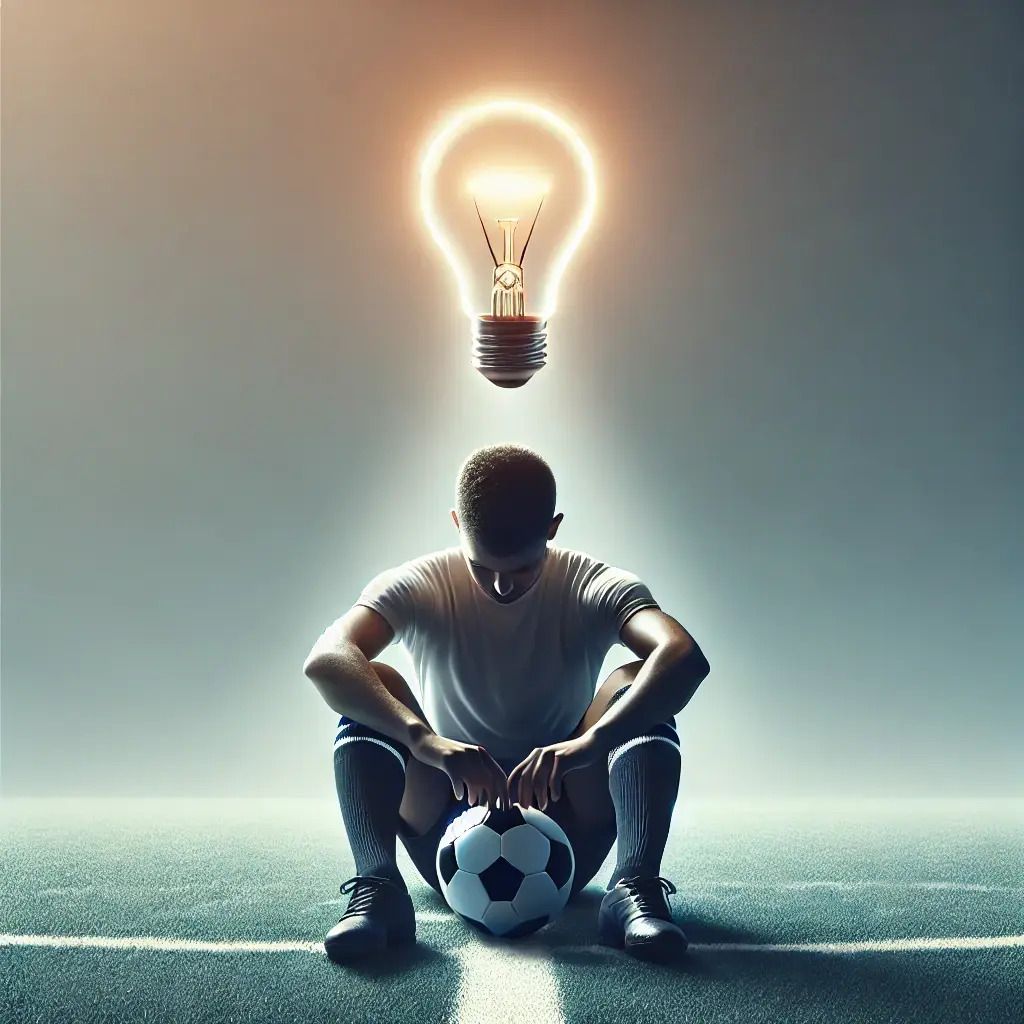- Thoughts On Thursday
- Posts
- The Transformative Power of Learning How to Learn
The Transformative Power of Learning How to Learn
Unlocking Player Performance and Potential

In the world of athletic development, we've been asking the wrong question. Instead of "How do we improve performance?", we should be asking, "How do we accelerate learning?"
As coaches, educators, or leaders, we often focus our efforts on delivering the best content—the perfect drills, innovative strategies, or cutting-edge tactics. What if the key to unlocking a player’s true potential isn’t in what we teach, but in how we teach them to learn? Imagine equipping athletes not just with skills for the field, but with the ability to absorb, adapt, and evolve faster than their peers.
Modern sports performance isn't just about talent or hard work—it's about adaptability. The athletes who succeed aren't necessarily the strongest or the most naturally gifted, but those who can learn, unlearn, and relearn faster than their competitors.
The Learning Revolution in Sports
Adam Grant, in Hidden Potential, underscores the idea that learning itself is the ultimate skill. Drawing from historical examples, such as how reading spurred the Protestant Reformation, Grant shows how mastering learning accelerates growth exponentially beyond borders. When individuals develop skills to process, apply, and iterate knowledge, they move through improvement cycles more rapidly. Similarly, Robert Greene (author of Mastery) reminds us, “Learning how to learn is the most important skill to acquire.”
For athletes, this means that success is tied less to the content of training and more to their capacity to adapt. A player who understands how to identify weak points, seek constructive feedback, and iterate on their performance will always outpace someone waiting to be spoon-fed solutions.
Why Traditional Coaching Falls Short
For decades, coaching has followed a predictable model:
Demonstrate the skill
Repeat the drill, Repeat the drill, Repeat the drill
Expect improvement
But this approach fundamentally misunderstands how humans truly develop. It's not about the number of repetitions, but the quality of learning between those repetitions.
The Three Pillars of Learning Acceleration
1. Reflective Practice: The Thinking Athlete
Imagine an athlete who doesn't just perform but analyzes every movement, every decision. Reflection isn't optional—it's essential. By systematically breaking down performance, athletes transform experience into genuine learning.
Practical tip for coaches: Implement a 5-minute post-practice reflection routine where athletes articulate:
What worked well
What needs improvement
One specific adjustment they'll make next time
2. Embracing Productive Discomfort
Growth happens at the edges of our comfort zone. The most effective learning environments don't just challenge athletes physically, but cognitively and emotionally.
This means:
Designing training scenarios with unpredictability
Encouraging athletes to solve problems, not just follow instructions
Normalizing failure as a critical part of the learning process
3. Metacognitive Skills: Teaching Athletes to Think About Thinking
The ultimate competitive advantage is an athlete who can:
Recognize their learning patterns
Identify blind spots
Develop personalized strategies for improvement
A New Coaching Paradigm
For sport leaders and parents, this approach requires a fundamental mindset shift:
From instruction to facilitation
From correction to curiosity
From fixed mindset to growth mindset
The Broader Impact
When we prioritize learning skills over immediate performance, we're doing more than creating better athletes. We're developing adaptable, resilient individuals who can tackle challenges both on and off the field.
A Call to Action for Sport Leaders
Audit your current training methods
Introduce reflective practices
Create environments that reward curiosity and problem-solving
Train coaches in metacognitive coaching techniques and session design
Final Thoughts
The future of athletic development isn't about who can work the hardest, but who can learn the fastest. By shifting our focus from what we teach to how we learn, we unlock unprecedented potential in athletes.
Are you ready to revolutionize your approach to athlete development?
Join the conversation at AthleteExperience.com and be part of the learning revolution.